1415 1st Ave W, Suite 2000,
Owen Sound, ON N4K 4K8
519-470-3030
Monday – Friday
8:30 am – 12:00 pm
1:00 pm – 4:00pm

519-470-3030
1415 1st Ave W, Suite 2000,
Owen Sound, ON N4K 4K8
Menu
1415 1st Ave W, Suite 2000,
Owen Sound, ON N4K 4K8
519-470-3030
Monday – Friday
8:30 am – 12:00 pm
1:00 pm – 4:00pm

1415 1st Ave W, Suite 2000,
Owen Sound, ON N4K 4K8
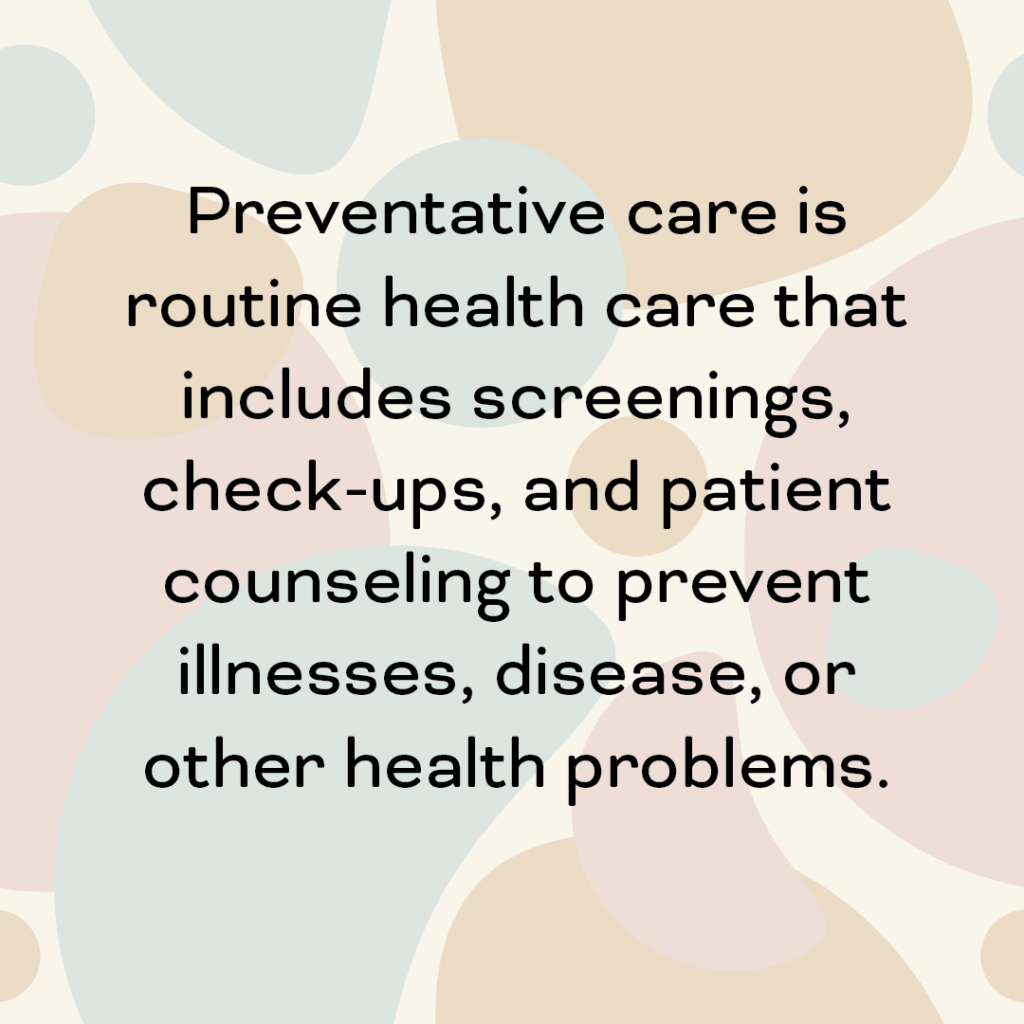
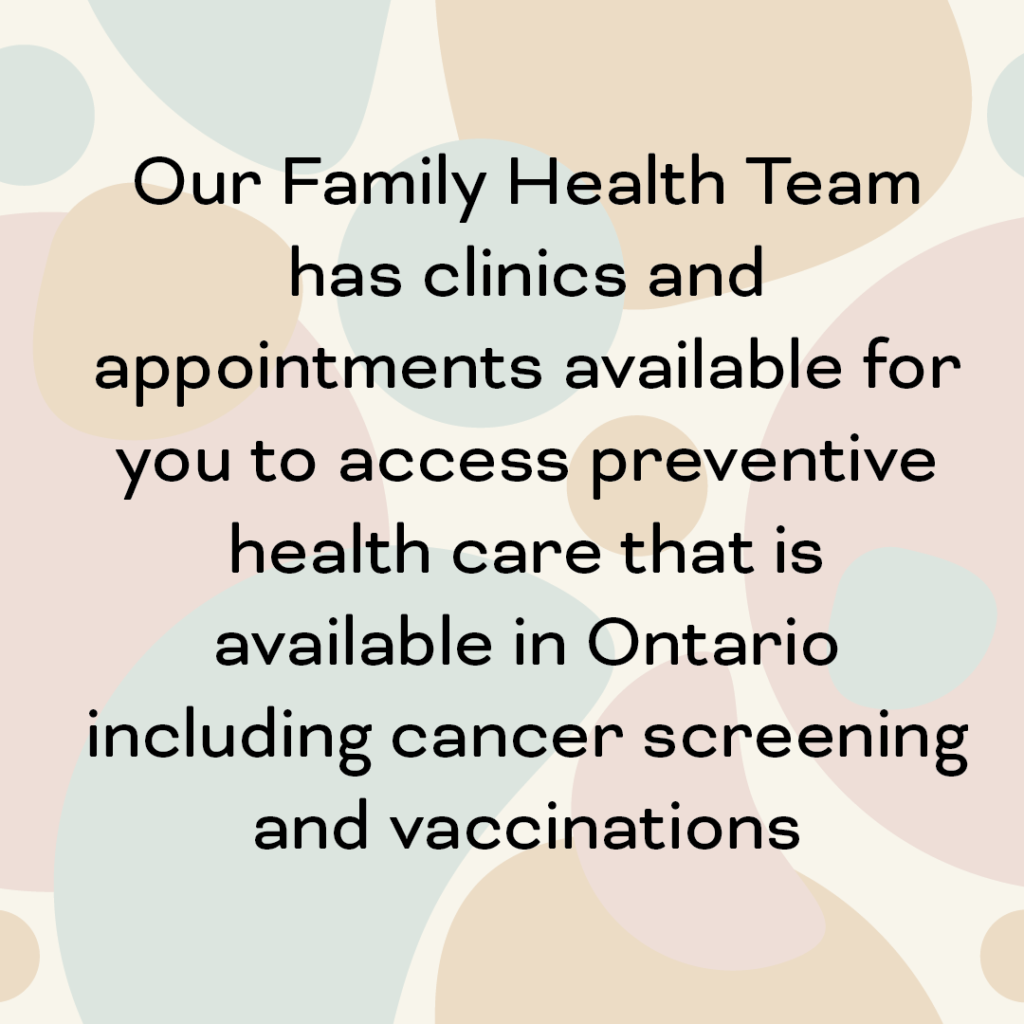
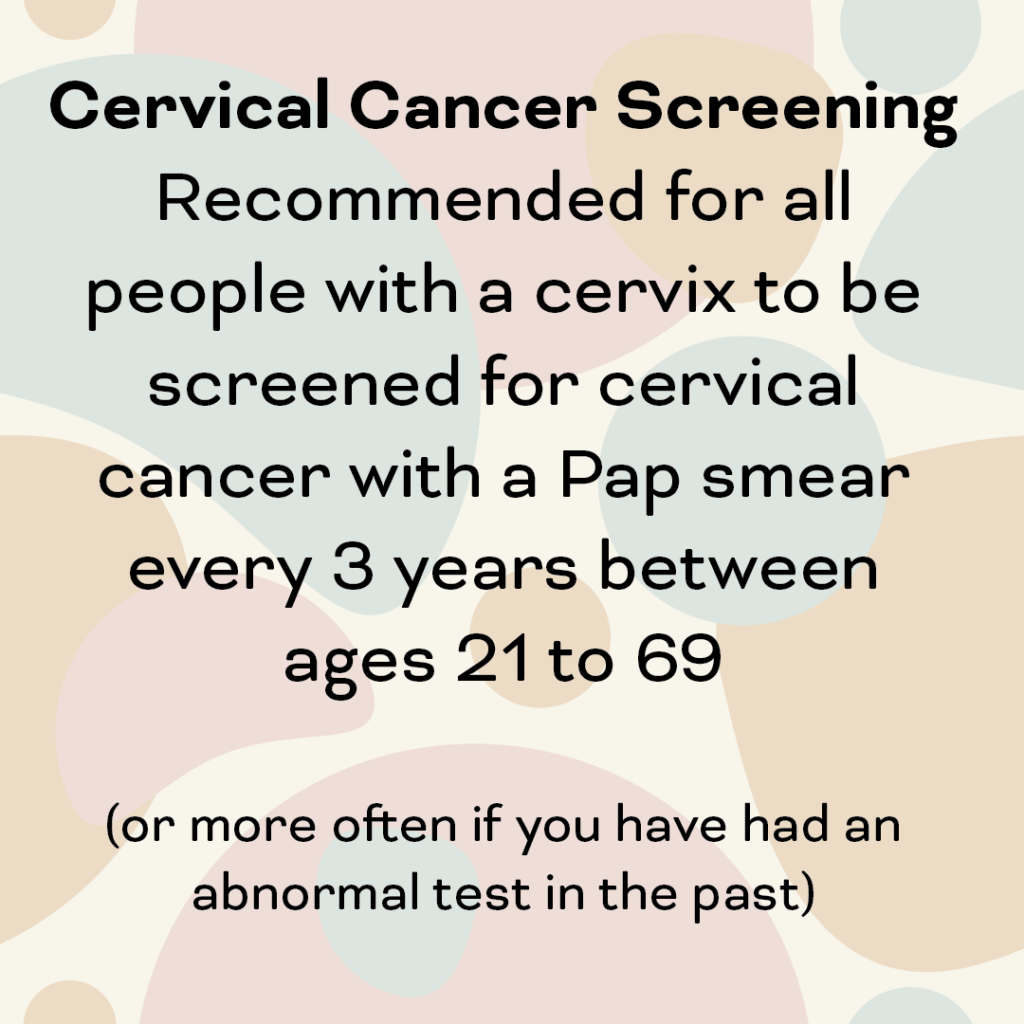
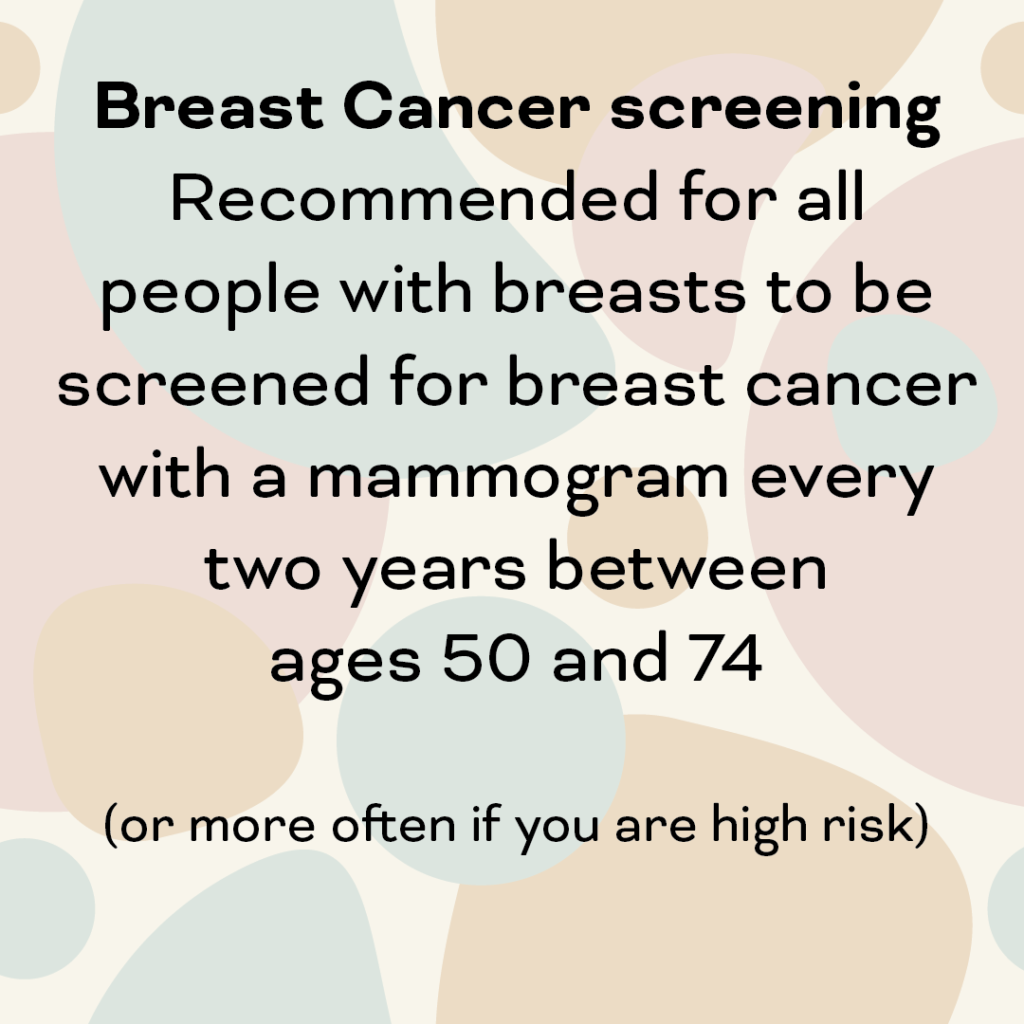
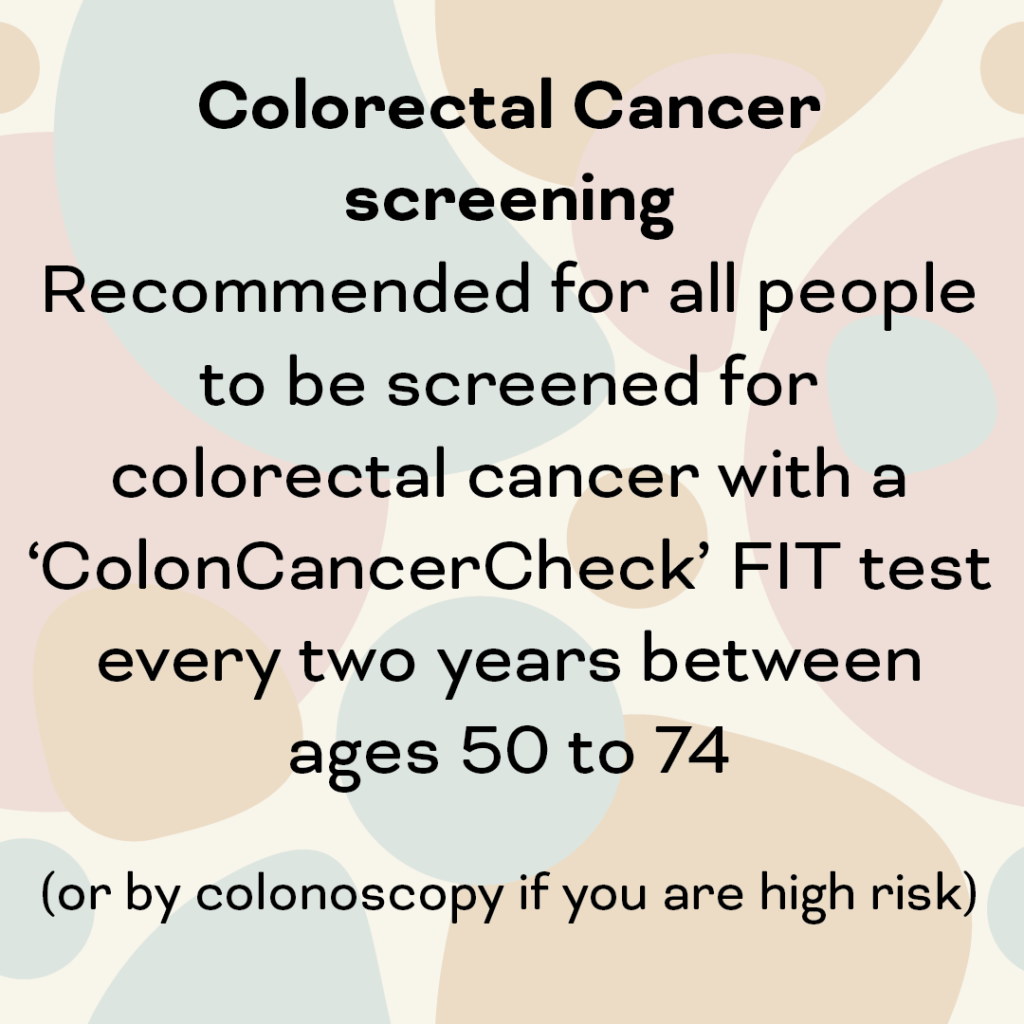
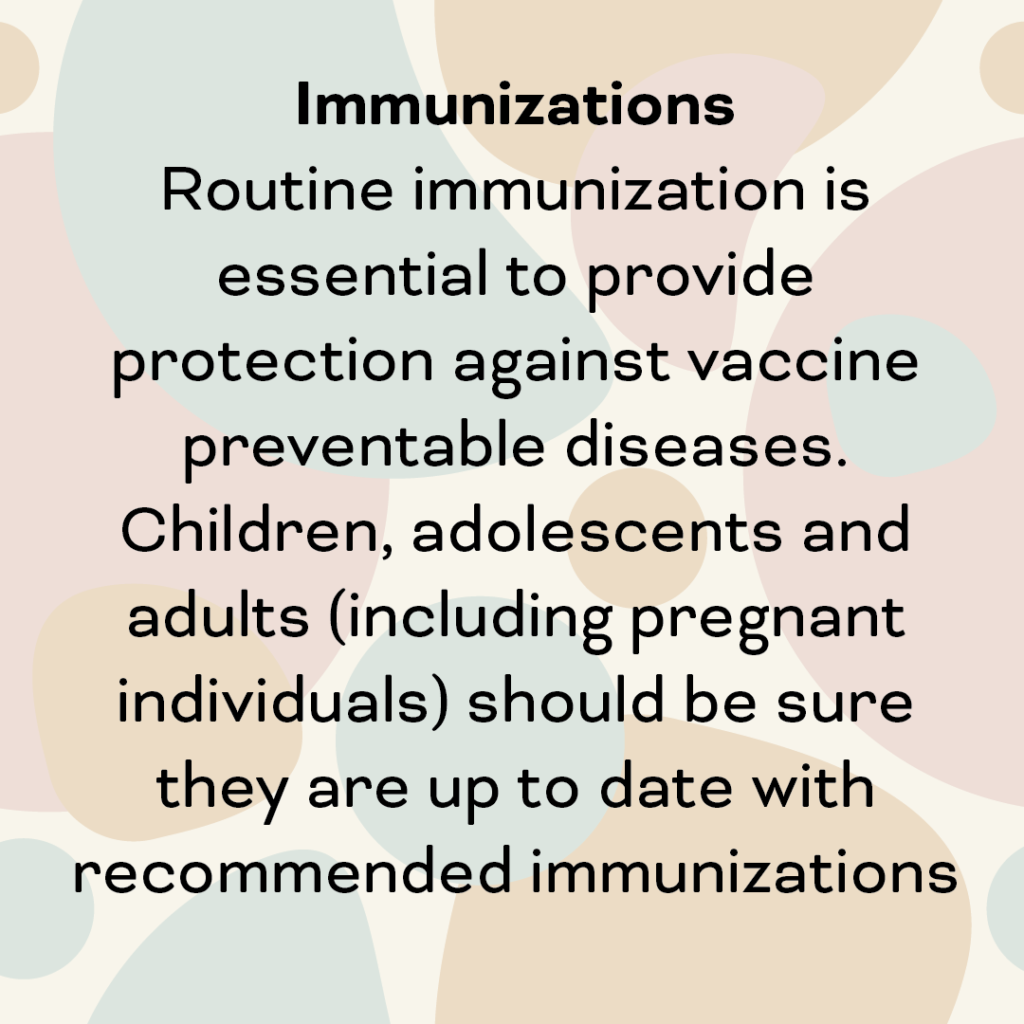
Do I Need a Physical?
It is important to have a regular family health care provider who helps ensure you receive the medical care that is best for your individual needs. But healthy people often don’t necessarily need “annual physicals”, and those check-ups can do more harm than good. Here’s why: https://choosingwiselycanada.org/health-check-ups/
Family medicine guidelines now suggest a “periodic health review” instead of an annual physical. The purpose of this appointment (which could be by phone or in-person) is to:
Depending on your age and health, your doctor may recommend these periodic reviews annually, or just every few years – ask your doctor what is best for you!
The new Ontario guidelines for pap testing are every 3 years for those who are sexually active, aged 21-69 years and who have had previously normal pap results. Your healthcare provider may suggest that you come in more often if you have had an abnormal pap in the past.
If you are due for a repeat pap test, you can book an appointment online for one of our Pap Clinics here: Book a Pap Test Appointment Online. Please note that paps done at these clinics are performed by our nurses at the family health team and not your doctor. The pap clinic is available to everyone in Grey / Bruce with a doctor at our clinic or without a current family doctor.
If you would like to schedule your first ever Pap test, please call and book with your healthcare provider to discuss the procedure and your booking options.
For more information ask your healthcare provider or visit Cancer Care Ontario.
The Ontario Breast Screening Program (OBSP) is a program of Cancer Care Ontario. The OBSP provides high-quality breast cancer screening for women aged 50 to 74 years or aged 30 to 69 years who have been confirmed to be at high risk for breast cancer.
Screening for breast cancer is done by mammogram every 2 years. A mammogram is a low dose X-ray of the breast. The X-ray can find changes in the breast, even when the changes are too small for you or your healthcare provider to see or feel. For most women, the mammogram results will be normal. Ask your primary care provider when breast cancer screening is right for you.
For more information ask your healthcare provider or visit Cancer Care Ontario.
Colon Cancer Check recommends that all Ontarians aged 50 and over be screened for colorectal cancer. For those at average risk for colorectal cancer, a simple at home test – the Fecal Immunochemical Test (FIT) – once every 2 years is recommended. The FIT is a simple stool test that can be done in the privacy of your own home. FIT tests replace the older FOBT tests and are easier to complete and more accurate.
For those at increased risk because of a family history of one or more first-degree relatives (parent, sibling or child) with a diagnosis of colorectal cancer, colonoscopy is advised.
For more information ask your healthcare provider or visit Cancer Care Ontario.
Routine immunization is essential to provide protection against vaccine preventable diseases. Children, adolescents and adults (including pregnant individuals) should be sure they are up to date with recommended immunizations.
For more information on vaccinations, visit Toronto Public Health online, or read Your Child’s Best Shot: A Parent’s Guide to Vaccination, Ronald Gold, MD, MPH.